Are Pickles Fermented Food? A Zesty Guide for Spicy Lovers and Foodies
Table of Contents
Introduction
If you’ve ever reached for a jar of pickles on your kitchen shelf, you might have wondered—are pickles fermented food? This question is more than just a curiosity. It’s about understanding what makes these tangy little gems so special, especially for those who love the world of spices and fermentation.
In this article, we’ll dive into the science behind pickling, explore whether all pickles are indeed fermented, and give you some practical tips to make and enjoy them like a pro. Whether you're a seasoned spice enthusiast or just starting out, there's something here for you.
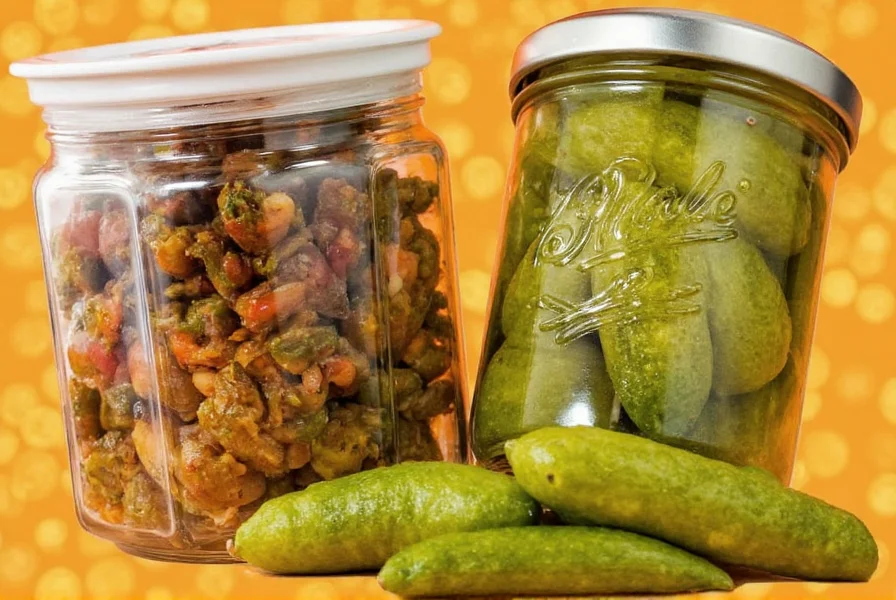
Fermentation Basics: What Is It?
Fermentation is an ancient process that has been used for thousands of years to preserve food and enhance its flavor. At its core, fermentation involves using microorganisms like bacteria, yeast, or molds to break down complex molecules in food into simpler ones. This not only preserves the food but also adds unique flavors and textures.
The most common types of fermentation include:
- Lactic Acid Fermentation: Used in making yogurt, sauerkraut, and pickles.
- Alcoholic Fermentation: Used in brewing beer and wine.
- Acetic Acid Fermentation: Used in making vinegar.
Now, when it comes to pickles, the process usually falls under lactic acid fermentation. But not all pickles are created equal. Some are made with vinegar and do not go through true fermentation. So, let’s get into the nitty-gritty of whether pickles are truly fermented food.
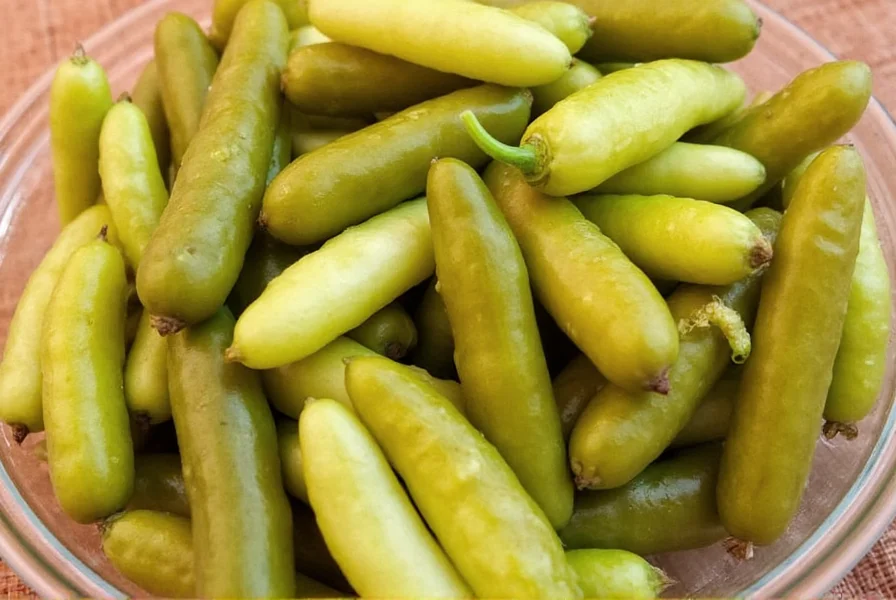
Pickles and Fermentation: The Connection
The short answer is: Yes, many pickles are fermented food. However, it depends on how they’re made. Traditional, naturally fermented pickles are made by soaking cucumbers in a brine solution (usually saltwater) and allowing beneficial bacteria to work their magic over time. This process produces lactic acid, which gives pickles their characteristic tangy flavor.
On the other hand, many commercial pickles today are made using vinegar instead of a natural brine. These are called “quick pickles” or “refrigerator pickles,” and while they still taste good, they are not considered true fermented foods.
So, if you want to enjoy the full benefits of fermentation—like improved digestion and gut health—look for pickles that are labeled as “naturally fermented” or “live culture.”
Types of Pickles and Their Fermentation Process
There are several types of pickles, each with its own unique way of being made. Here’s a quick breakdown of the main types and whether they’re fermented:
| Type of Pickle | Fermented? | Description |
|---|---|---|
| Naturally Fermented Pickles | Yes | Made with saltwater brine and live cultures. Often found in specialty stores or homemade. |
| Vinegar-Based Pickles | No | Quickly made with vinegar, water, and spices. Not fermented. |
| Refrigerator Pickles | No | Stored in the fridge and not fully fermented. Usually made with vinegar or lemon juice. |
| Korean Kimchi | Yes | A fermented vegetable dish, often with chili peppers. Considered a type of fermented food. |
| Sauerkraut | Yes | Another fermented food made from cabbage. Similar to pickles but with a different base ingredient. |
As you can see, not all pickles are fermented, but many traditional varieties are. If you're looking for a probiotic-rich snack, fermented pickles are the way to go.
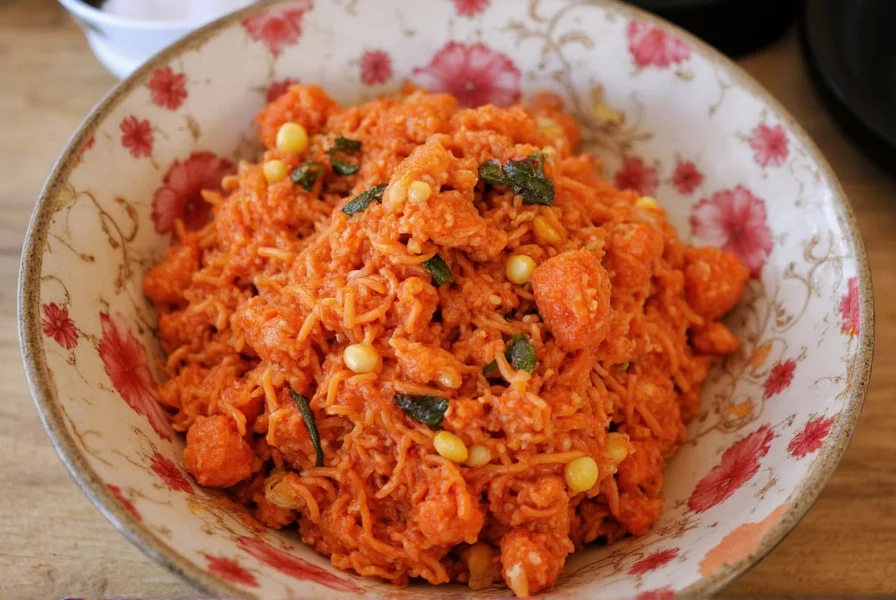
Practical Tips for Making and Enjoying Pickles
If you're interested in making your own pickles at home, here are some practical tips to help you get started:
- Choose the Right Cucumbers: Use firm, fresh cucumbers that are small and uniform in size.
- Use a Good Brine: A basic brine is salt, water, and sometimes garlic or dill. You can experiment with other spices too!
- Let It Sit: Fermentation takes time—usually between 3 to 7 days. The longer it sits, the tangier it gets.
- Keep It Cool: Store your pickles in a cool, dark place or in the refrigerator once they’re ready.
- Experiment with Flavors: Try adding jalapeños, mustard seeds, or even turmeric for a spicy twist.
For those who prefer store-bought options, look for labels that say “naturally fermented,” “raw,” or “contains live cultures.” These are more likely to be true fermented pickles.
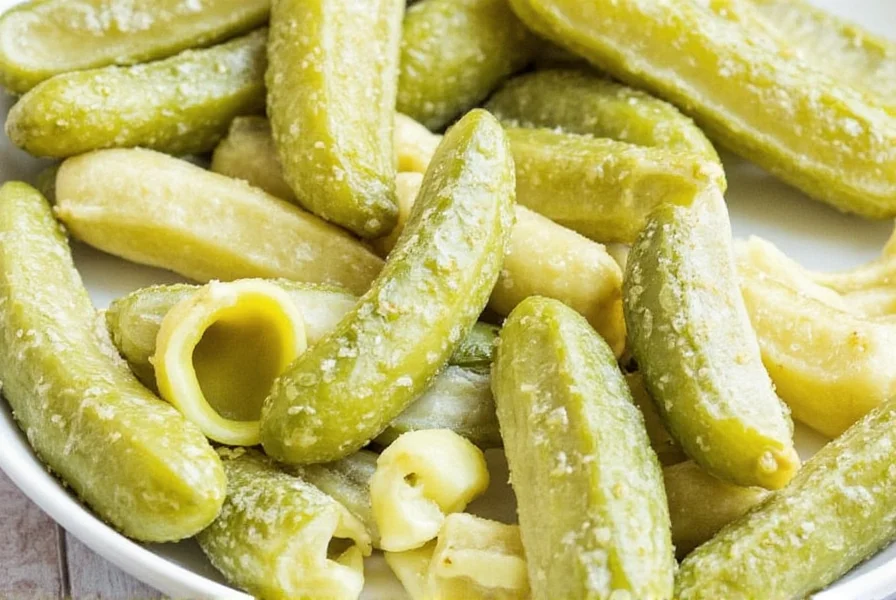
Buying Guide: Choosing the Best Pickles
When shopping for pickles, it’s important to know what to look for. Here’s a quick guide to help you choose the best ones:
Top Brands & Products
- Wildbrine Naturally Fermented Pickles
- Features: No vinegar, live cultures, organic ingredients.
- Advantages: Great for gut health, authentic flavor.
- Use Cases: Snacking, cooking, pairing with meals.
- Target Audience: Health-conscious individuals, fermentation enthusiasts.
- Suitable Occasions: Lunch, dinner, picnic, charcuterie board.
- Boar’s Head Refrigerated Pickles
- Features: Vinegar-based, crisp texture, no fermentation.
- Advantages: Quick to make, easy to find.
- Use Cases: Sandwiches, burgers, snacks.
- Target Audience: Casual eaters, convenience seekers.
- Suitable Occasions: Fast food, parties, casual gatherings.
- Cream of the Crop Kosher Dill Pickles
- Features: Classic dill flavor, no fermentation.
- Advantages: Familiar taste, widely available.
- Use Cases: Sandwiches, salads, relishes.
- Target Audience: Fans of traditional pickle flavors.
- Suitable Occasions: Picnics, barbecues, everyday snacking.
Remember, are pickles fermented food is a key question to ask before buying. If you care about gut health, probiotics, and natural preservation, go for the fermented ones. For convenience and flavor, vinegar-based pickles may be your best bet.
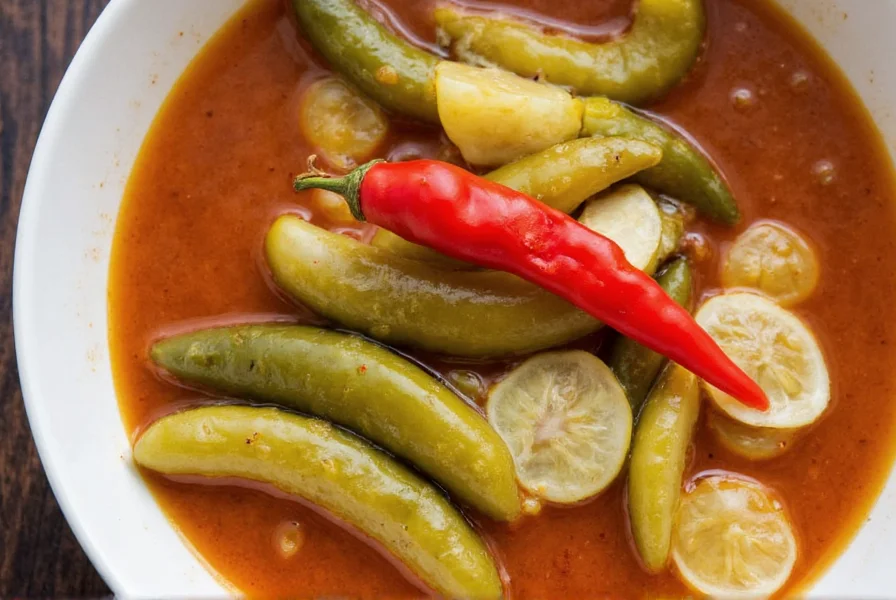
Conclusion
In conclusion, are pickles fermented food is a yes—but not always. The answer depends on how the pickles were made. Traditional, naturally fermented pickles are definitely a form of fermented food, rich in probiotics and flavor. On the other hand, vinegar-based pickles are not fermented and are more of a quick fix.
Whether you're a spice lover, a foodie, or just curious about fermentation, understanding the difference between various types of pickles can help you make smarter choices. And remember, the next time you open a jar of pickles, you’re not just getting a tangy snack—you might be enjoying the power of fermentation itself.
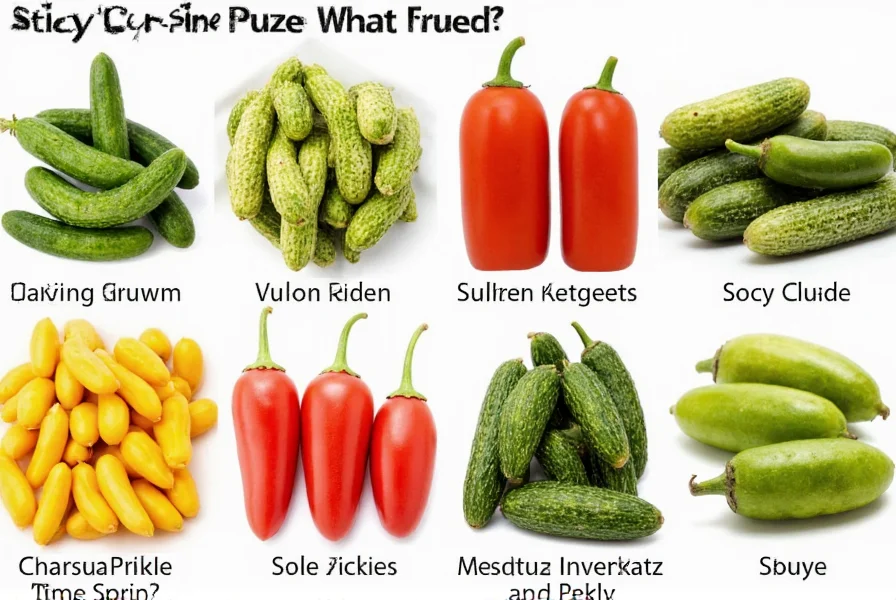

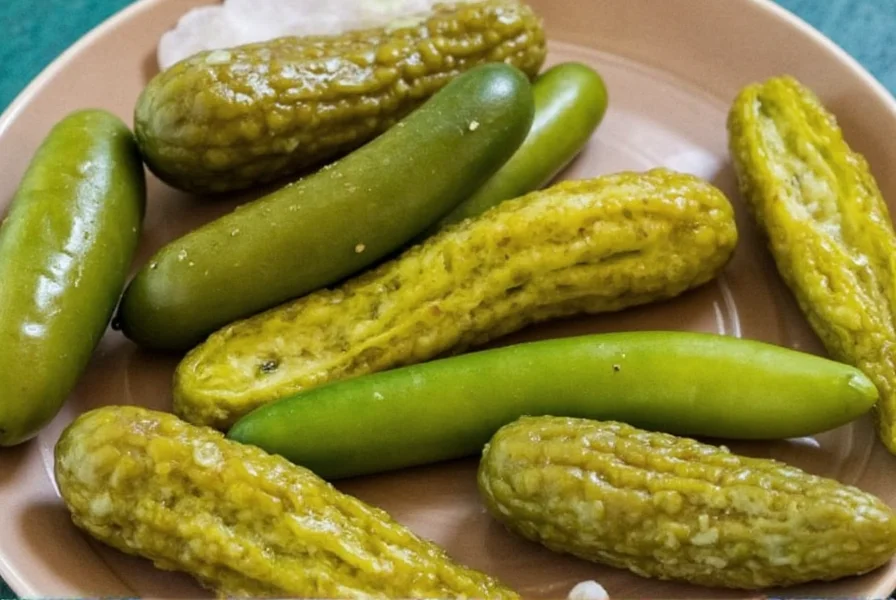









 浙公网安备
33010002000092号
浙公网安备
33010002000092号 浙B2-20120091-4
浙B2-20120091-4